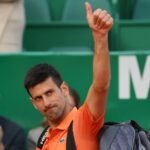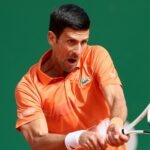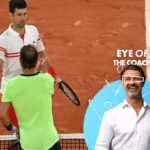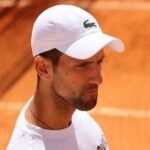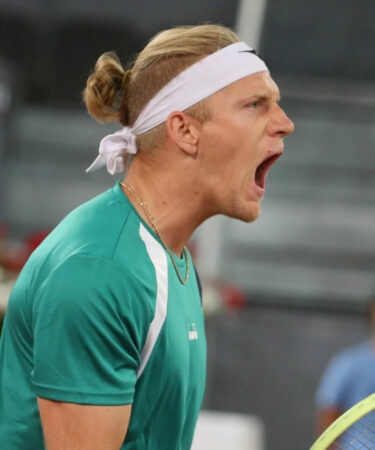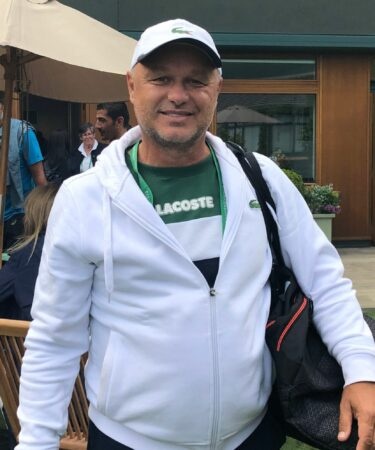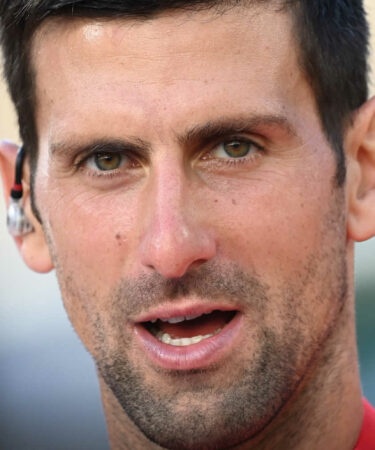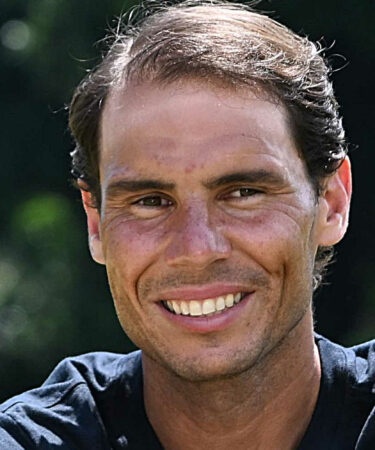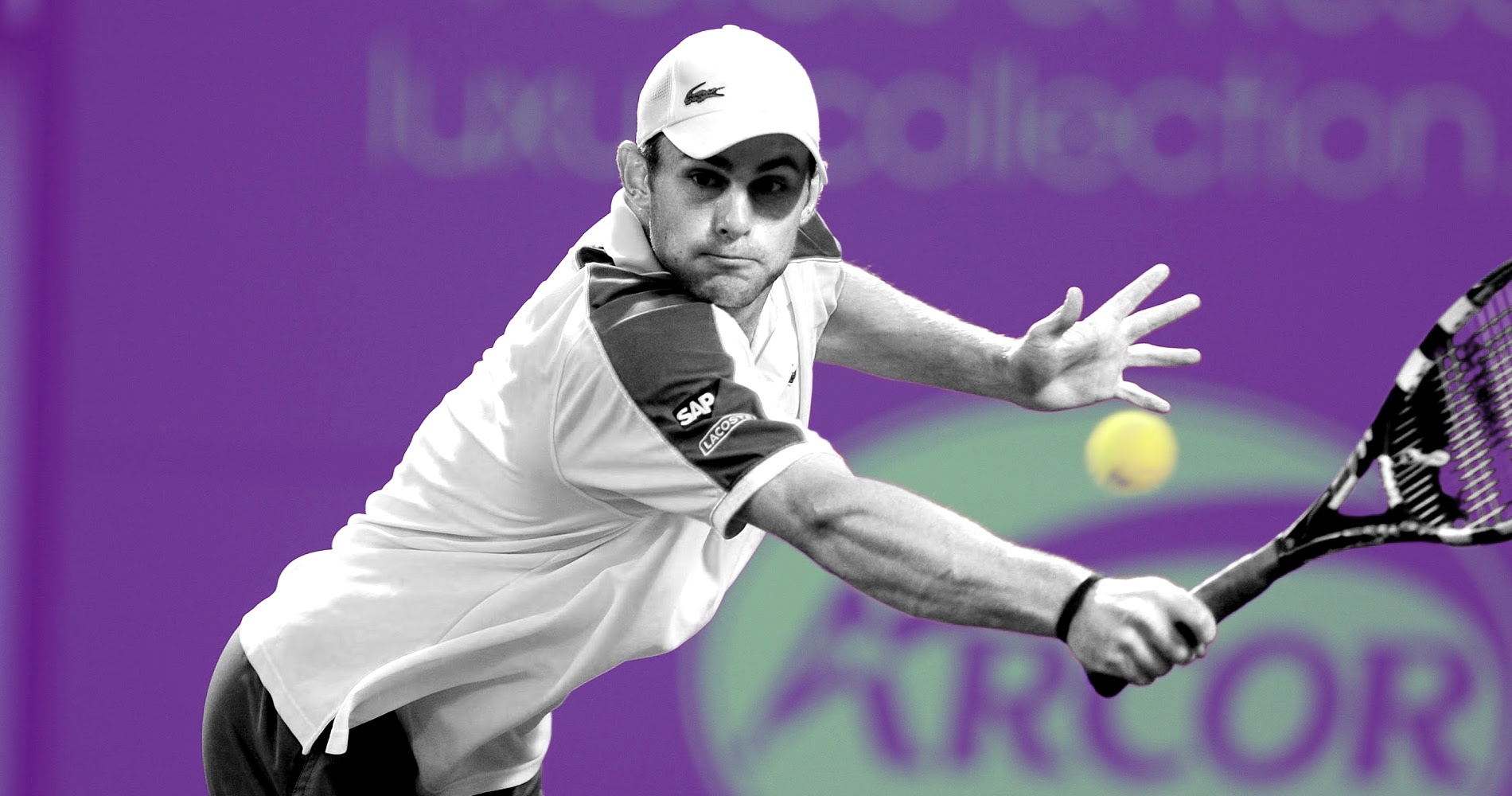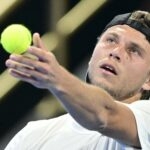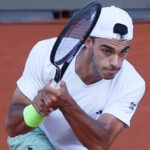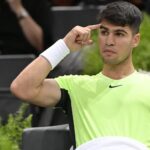Novak Djokovic in 2022: Is this the biggest test of his career?
The world No 1 heads home to Belgrade next week with doubts about his form and his emotions uncertain after a tumultuous start to 2022.
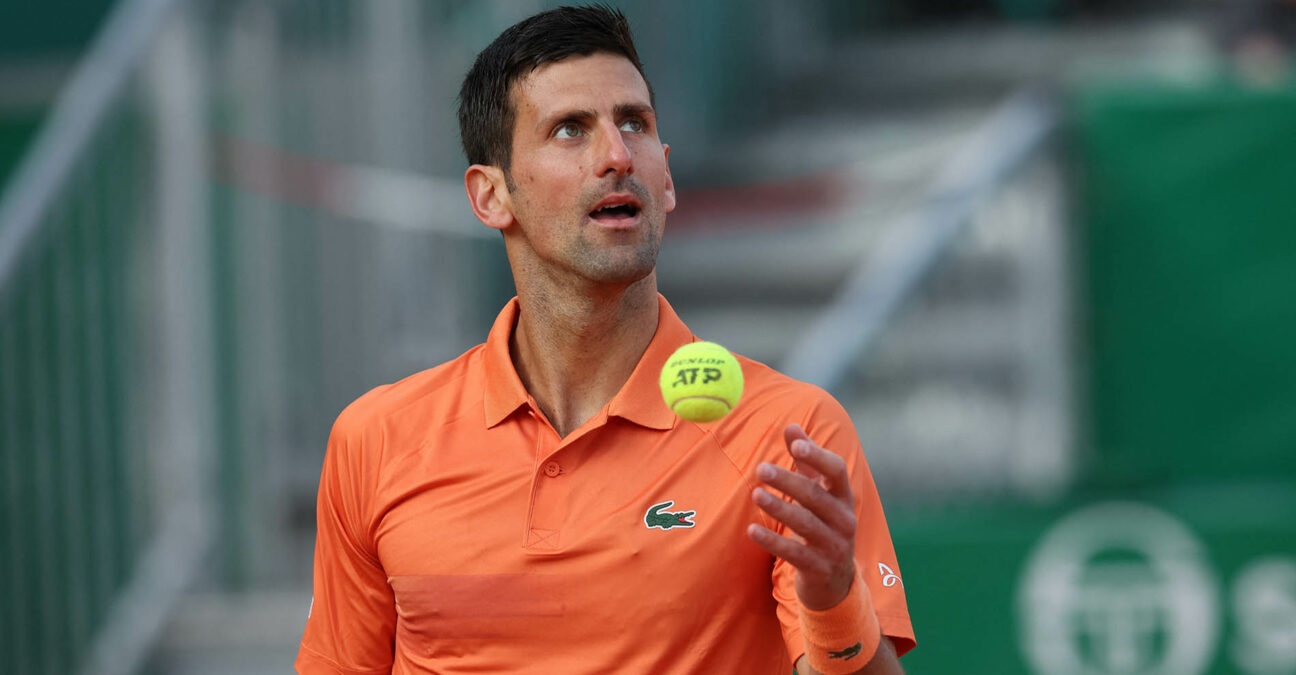 Tennis – ATP Masters 1000 – Monte Carlo Masters – Monte-Carlo Country Club, Roquebrune-Cap-Martin, France – April 12, 2022 Serbia’s Novak Djokovic during his second round match against Spain’s Alejandro Davidovich Fokina || 227651_0097
Tennis – ATP Masters 1000 – Monte Carlo Masters – Monte-Carlo Country Club, Roquebrune-Cap-Martin, France – April 12, 2022 Serbia’s Novak Djokovic during his second round match against Spain’s Alejandro Davidovich Fokina || 227651_0097
Novak Djokovic has been through more than most in his life, starting when, as a child, he grew up with war all around him in the Balkans.
Put alongside that, dealing with what’s happened to him so far in 2022 is probably not even a comparison.
But there’s no question that, with just five weeks to go before the French Open, the world No 1 finds himself in an unusual position, not quite sure what to expect of himself when he steps onto the court.
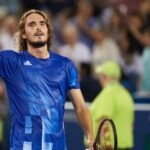
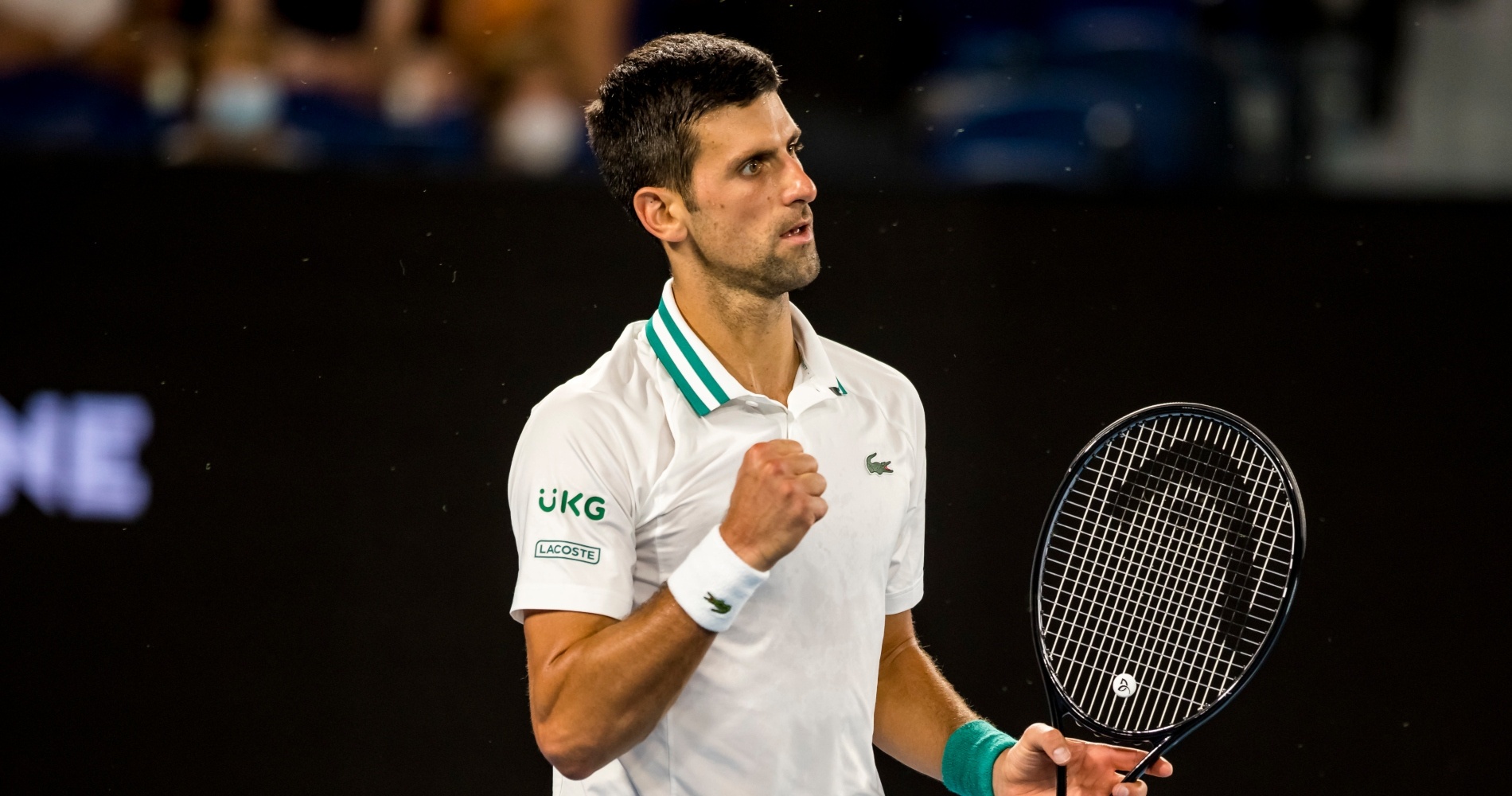
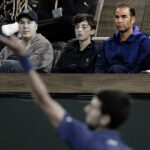
Tumultuous start to 2022 for world No 1
Djokovic’s travails in 2022 are well-documented but merit repeating. He was unable to play at the Australian Open after a lengthy visa row, effectively because he had not been vaccinated against Covid-19, finding himself in a detention centre for several nights before eventually being told he had to leave the country.
He then returned to action in Dubai in February but lost early and then news broke that he had split with his long-term coach, Marian Vajda, a decision he’d taken at the end of 2021 but not announced until March 2022.
Then he was shut out of Indian Wells and Miami because his vaccination status meant he could not enter the United States. His return to clay this week in Monte-Carlo was short-lived as he was worn down by Alejandro Davidovich Fokina, Djokovic fading, uncharacteristically, in the third set.
As he reviewed his few days in Monte-Carlo, Djokovic said he had “physically collapsed”. “I didn’t like the way I felt physically in the third,” he said. “I just ran out of the gas completely. Just couldn’t really stay in the rally with him. I mean, if you can’t stay in the rally, not feeling your legs on the clay, it’s mission impossible.
“So I don’t like that, that kind of feeling I experienced in the third, but, you know, I’m going to look with my team into reasons why that was the case and go back to the drawing board and hopefully next week will be better in Belgrade.”
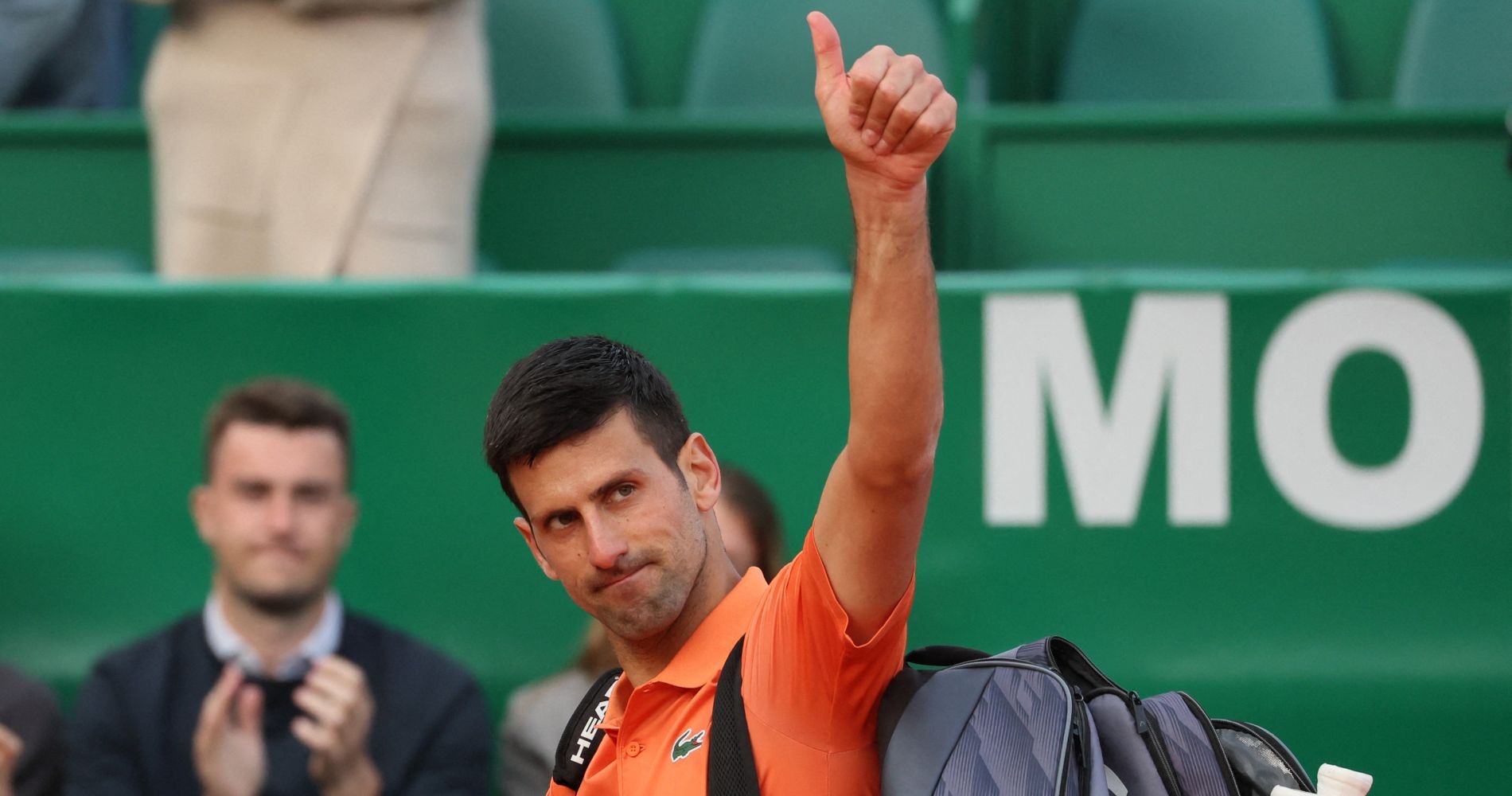
Slow start to clay-court season nothing new for Djokovic
Of course, just one month short of his 35th birthday, Djokovic remains world No 1 and has won eight of the last 13 Grand Slams he’s competed in. He won three of the four slams in 2022 and was just one match short of completing the coveted calendar-year Grand Slam of all four majors in the same year. It’s not like he’s not been at his best.
In some ways, there may be nothing to worry about for Djokovic fans. As he said in Monte-Carlo: “I knew that it’s going to take some time for me to really feel my best on the clay. I mean, that’s historically always been the case. Never played very well in the opening tournaments of the clay season.”
“But it’s okay. You know, obviously it is what it is. I have to accept the defeat and keep working.”
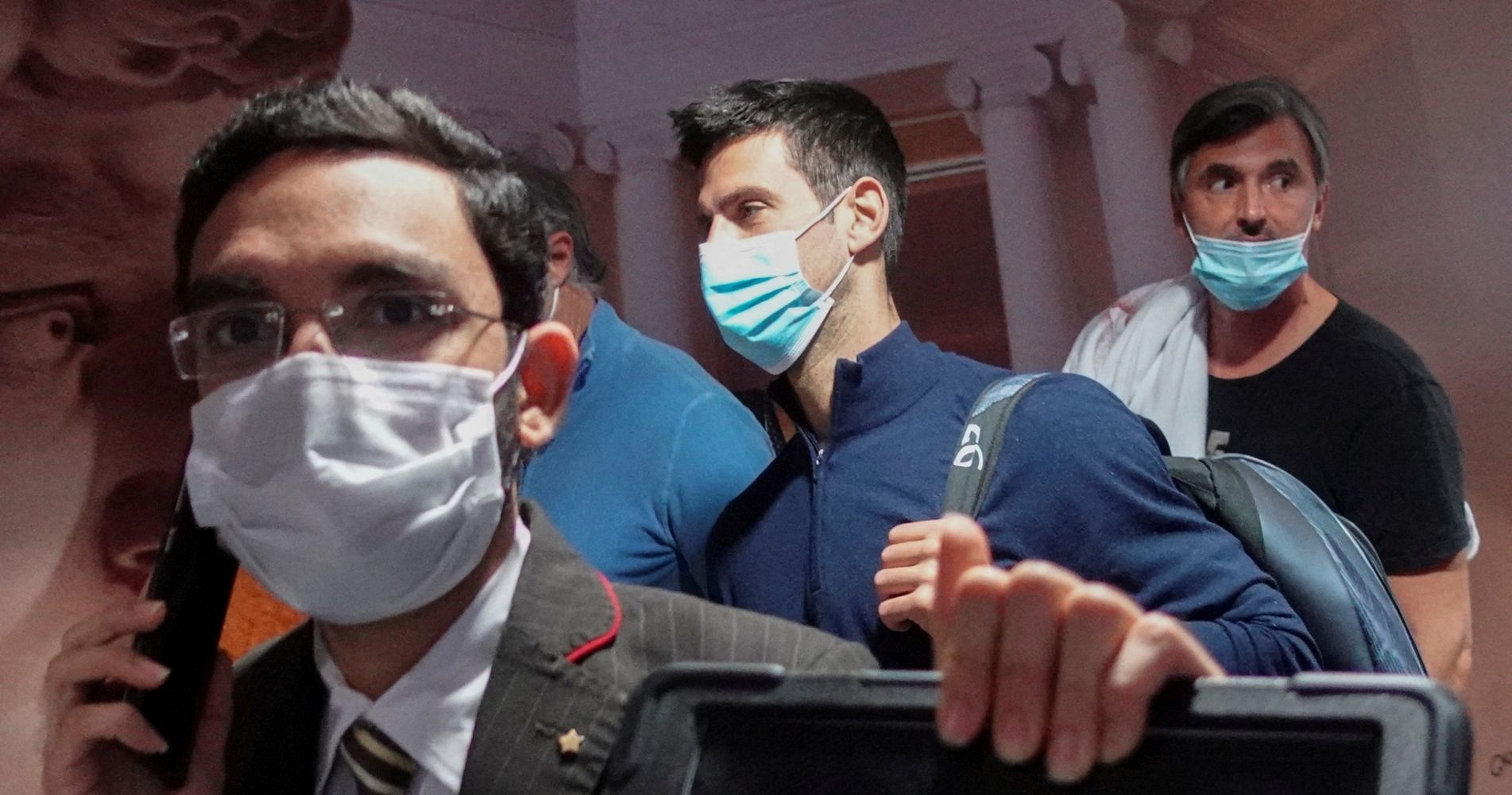
Emotional effect of Australian situation is unknown
However, everyone’s human and it’s impossible to know for sure what effect events in Australia took on him emotionally and physically. His lack of competitive tennis was clear for everyone to see in Monte-Carlo, with his shot-selection lacking and the fitness missing from his legs. As he heads home to Belgrade next week, there is pressure on him to reassert his authority sooner rather than later.
Speaking on Eurosport France’s DiP Impact podcast, former women’s world No 1 Justine Henin said the tennis world may not appreciate quite what Djokovic has been through.
“We can’t under-estimate the emotional roller-coaster he has been on,” Henin said. “Not just the Australian Open and not just all the effort he made to try and win his 21st Grand Slam at the 2021 US Open either. But you can also go back to the US Open in 2020 when he was disqualified. From there, he then had the tough defeat to (Rafael Nadal in the final) at Roland Garros, then he had the abdominal injury and his somewhat miraculous win at the Australian Open in 2021.
“You’ve got to imagine what all that must have been like. Even if your name is Novak Djokovic, you’re still a human being. He can’t have gone through all that calmly.”
Justine Henin
“I’m not saying all this is going to have an impact on the rest of his career, but he’s got to digest and recover from all of that. And these are factors that have got to be taken into account when we talk about him now.”
Speaking on the eve of Monte-Carlo, Djokovic explained how he has been trying to deal with everything.
“I try to be optimistic in life and I consider myself a very optimistic and positive person,” he said. “I take whatever lessons are, you know, available in every single experience, particularly in something as large as what has happened particularly in January.
“Then there is the second part to it which is related to the tournaments. Once I start playing official matches in tournaments, then I will, you know, obviously have to deal with everything that probably has been dormant inside and is maybe waiting to come out.
“I’m trying to deal with it on a daily basis or weekly basis, whatever. If something surfaces, you know, I acknowledge it but I move on. It’s not something that is bothering me on a daily basis, so to say. I don’t feel like it has left huge scars on me that I’m unable to train or participate in tournaments or live my life. I mean, far from that.
“But it has definitely been a very challenging few months and something I never experienced before. So I will try to use that as a fuel for what’s coming up.”
Djokovic’s resilience is his strongest character trait
Part of what has made Djokovic such a champion over the years has been his resiliency, his ability to play his best when his back is against the wall. Countless times, he’s saved match points to win titles, survived injuries to see off his rivals when it seemed he had nothing left.
In 2017, an elbow injury derailed Djokovic and took him away from the very top of the game but he bounced back brilliantly in 2018 when he won Wimbledon and the US Open. That was mostly physical, though; this is more of an emotional hurdle.
With Rafael Nadal off the Tour for a few weeks because of injury, there is a window for Djokovic to regain top form. He plays this week in Belgrade, a tournament run by his brother, and one close to his heart, which should offer him plenty of energy and reason to play well.
After that, he’ll be in Madrid and Rome for back-to-back Masters 1000s. Nadal may well be back in time for both, too, and it will be the Spaniard’s turn to try to hit the ground running again, although the way he won the Australian Open in January after time away through injury suggests it might not take him too long.
Henin said she believes Djokovic will find a way to get back to his best.
“I think he’s going to recover and we’ll once again sooner or later see the Djokovic of old, so I’m not too worried at this stage,” Henin said.
“But these players aren’t machines either, and even if he showed us that he could deal with so many things and that the more he was in difficulty, the more he could bounce back, how long can he keep doing that?”
Djokovic’s character has been tested many times in the past and each time he’s come up trumps. It would be foolish to bet against him doing it again.
